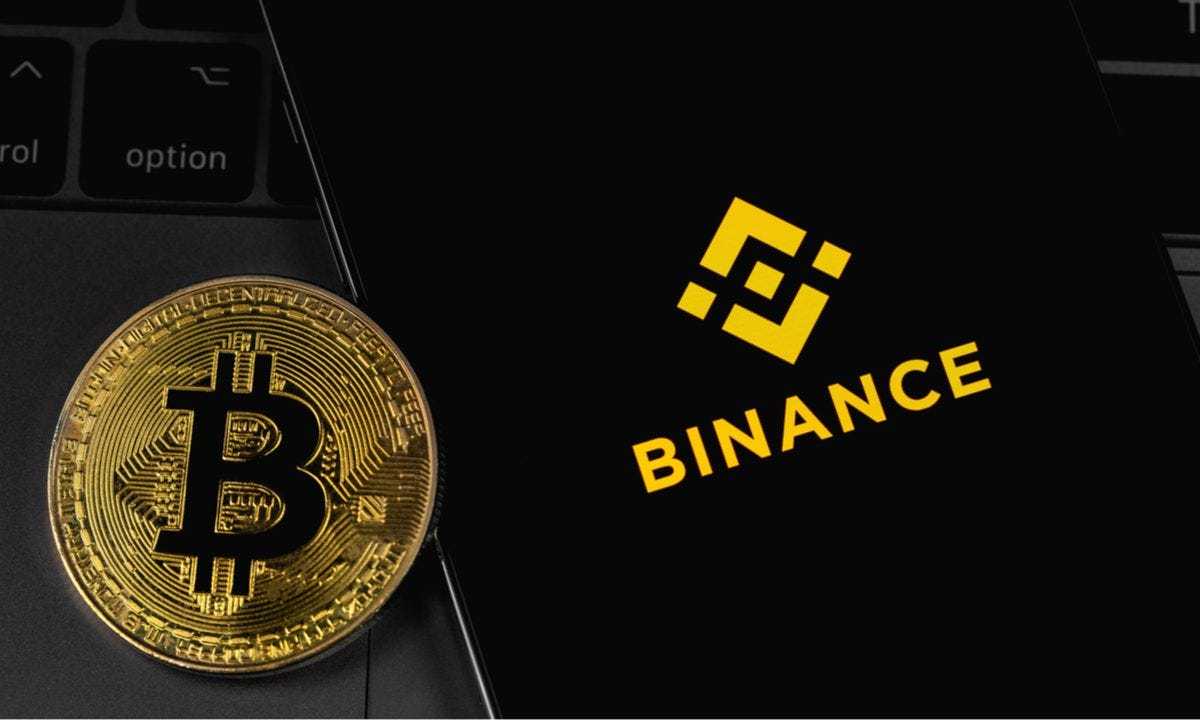Business
Binance Places Limits on USDT/NGN Peer-to-Peer Transactions Amid Naira Decline

Binance, the leading cryptocurrency exchange globally, has instituted restrictions on peer-to-peer transactions involving the USDT/NGN pair as the Naira experienced significant depreciation on Tuesday. This move, aimed at safeguarding users from potential fraud and manipulation, has limited trading actions for Nigerian users on the platform.
For its Nigerian user base, Binance has disabled the ‘sell’ feature, preventing them from selling USDT on the platform. Additionally, the exchange has placed a buying limit for Nigerian users at a price of ₦1802.
Notably, this is the second instance within six months where Binance has placed restrictions on USDT/NGN prices. In December, a similar action led to a brief surge in the Naira against the dollar, highlighting the impact of such limitations on the local currency.
Regarding these measures, Binance stated in a blog post that they are collaborating closely with local authorities, lawmakers, and regulators to ensure compliance with regulations.
In recent times, numerous Nigerians have turned to Binance to trade cryptocurrency as a hedge against inflation and currency devaluation. The platform has also played a vital role in price discovery in a country that experiences disparities between ‘official’ and ‘parallel’ market rates.
With speculations about potential price manipulation on Binance, the decision to restrict trading actions is linked to concerns over price distortions caused by certain users on the exchange.
As a result of Binance’s limitations, traders are now seeking alternative platforms for peer-to-peer transactions involving stablecoins. This shift is evident with some traders migrating to competitors such as Paxful, where on Tuesday, the Naira was trading as low as ₦2000 to 1 USDT.
Despite the transition to other platforms, some traders believe that the volume of USDT transactions may not be significant enough to exert substantial influence on prices. They emphasize the need for proactive measures to address market dynamics and enhance the stability of cryptocurrency transactions in the region.
Notably, the Central Bank of Nigeria (CBN) has been enacting various policies since June 2023 to curb speculation and facilitate efficient price discovery within the market. However, challenges such as liquidity issues and communication gaps have hindered the effectiveness of these measures, leading to a lack of confidence in the apex bank’s strategies.
This week, the Debt Management Office implemented strategies to increase Nigerian bond yields by up to 3% in the past month, aiming to absorb excess Naira liquidity and attract foreign investors to bolster economic stability.












